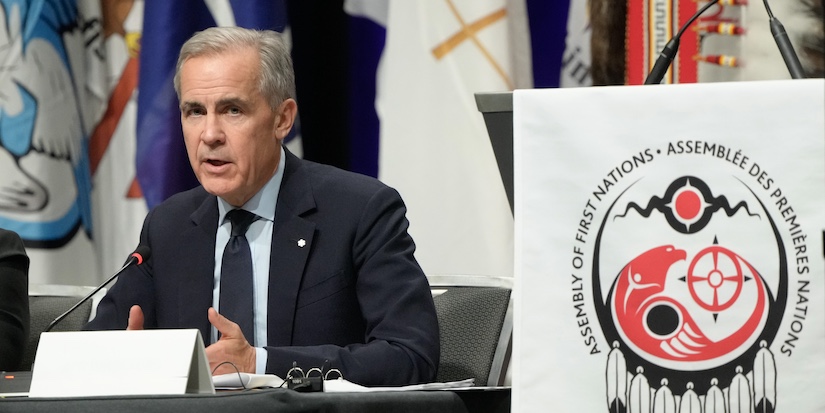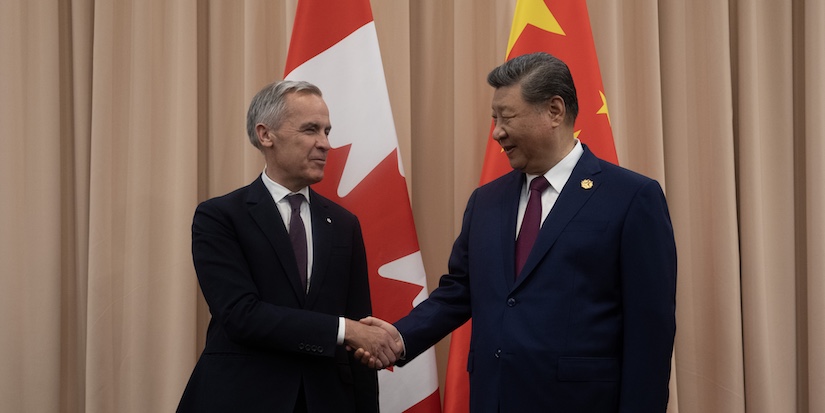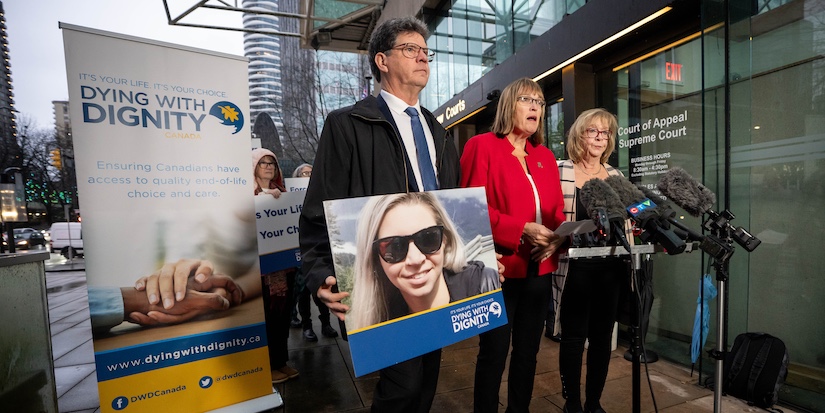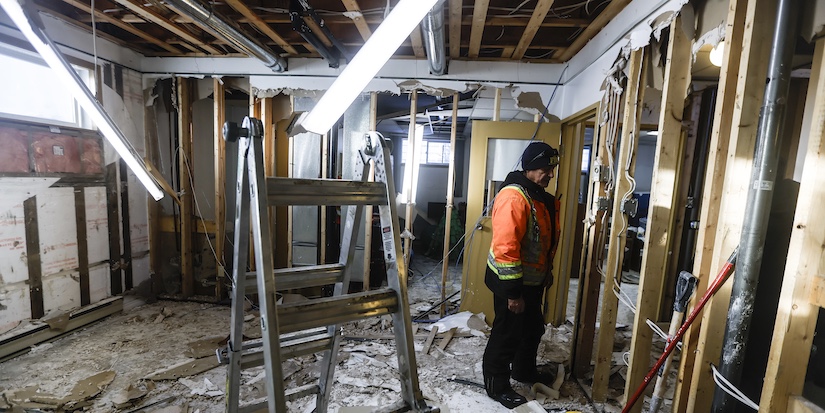Latest News
The journey to a silver medal in Richmond
It started off like an ordinary holiday.
Insurance adjuster Mike Gojevic, 54, and his
wife settled into their seats on the plane en route to a holiday in Las Vegas.
Halfway through the flight, he got short of
breath.
“The flight attendants put me on oxygen,”
Gojevic recalls. “As soon as we landed I went straight to the hospital in
Vegas. I was there for two weeks. Then they medivaced me back to St. Paul’s
Hospital where I was for another two weeks.”
Despite a battery of tests in Las Vegas and
Vancouver, Gojevic’s doctors could give no clear diagnosis except they were
clear, his lungs were failing, fast. It came out of the blue.
“Up until five years ago I didn’t have much
of (a medical history). I had appendicitis at 16. That was the only time I
needed to see a doctor for any reason.”
But that all changed.
Gojevic went from completely healthy to
(living) in a recliner chair with an oxygen mask on.
“I spent months like that. It was a tough
time. My wife was just a saint. She was my full-time nurse, making sure that I
kept breathing. I can’t thank her enough.”
Then, in October 2012, the doctor came in to
say, “If you don’t get a lung transplant in 30 days we don’t think you’re going
to make it.”
In his understated style, Gojevic says, “So,
Christmas was rough.”
They spent the time waiting, not knowing if
these were Gojevic’s last days to be treasured, or just a tough time to get
through.
“It was getting to be touch-and-go in
February. At the beginning of February 2013, it was not looking good. I had
done a will. I had to have a talk with my girls.”
The call finally came in Feb. 12, 2013.
“Everyone refers to it as when you get ‘the’
call. It’s a mixed thing. Obviously my first thought is this is what we are
waiting for! My second thought is that somebody passed away.”
The change was palpable after the double lung
transplant.
“13 days later, I walked out of the hospital,
no oxygen, on my own steam. I just walked right out. I shake my head. It’s so
amazing they can do that, that I can do that,” Gojevic says, “I was right back
to work.”
Gojevic says the first six to eight months
post-transplant were up and down, as they adjusted his anti-rejection drugs to
find the right balance.
“Since then, I’ve been fantastic. Every year,
I do a whole raft of tests. My lung function numbers have increased. For
example, I do a six-minute walk to see how far I can go. I have gone farther
every year,” says Gojevic.
This summer for the first time, Gojevic
participated and led the BC team at the national Transplant Games, held in
Metro Vancouver. Richmond’s Lucky 9 Lanes were home to the bowling events.
“This year I participated in10-pin bowling, lawn bowlingand golf. The non-sweating events,” Gojevic says with a smile and goes on to explain it’s a matter of personal preference. “I just don’t like running, frankly. I like walking. My daughter gave me a FitBit for Father’s Day so I’m getting in my 10 to 20,000 steps a day.”
He won a gold medal in lawn bowling and a
silver in 10 pin.
Gojevic says the Transplant Games are all
about getting together with other organ recipients and donor families.
Asked how he feels about organ transplants
now, Gojevic waxes philosophical: “It’s getting parts, organs from people who
no longer need them. It’s like when a kid is working on a car and needs a new
alternator, they go to the wreckers get a new alternator. These organs are
life-saving things so why destroy them?”
Gojevic quotes the statistics that the vast
majority of Canadians, 85 or 90 per cent, believe in organ transplantation.
Yet, he says, “It’s shocking such a low percentage sign up. The vast majority
believe there should be presumed consent and then people can opt out.”
He says surveys show only 10 to 15 per cent
of Canadians would opt out.
Of those who do donate the organs of someone
they love who has died, he says, “I completely understand that it is a very,
very difficult time.”
He says that is why it is so important to register your intentions. It willmake it easier on the family coping with an impending death.
Gojevic says, “It’s way easier than going in
and asking, ‘Do you know what your loved one’s intentions were?’”
“It’s a terrible time. It’s people making a
decision at the worst time of their life. It is way easier if you make your
intentions clear.”
He points out that more people are starting
to have those conversations, ahead of time, with their families.
From that decision by a family facing a
sudden loss, has come a new lease on life for Gojevic, his wife and three
daughters since his transplant, “My youngest daughter was 20 at the time. She’s
pregnant now so I’m going to be a grandpa again. My middle was 30 at the time,
and Daniele had a daughter last May. So I would never have known what being a
grandfather is.”
And Gojevic is looking to the future: “My
eldest daughter is working with me, succession planning, so I can retire.”
And he’s going to the UK for the World
Transplant Games in Newcastle, “This has been my first games but it will
absolutely not be my last.”
It is the ultimate good news story, born of
grief.
Gojevic ends with a thought that is never far
from his mind.
“All this would never have happened without
that donor family. They wanted to save a life and show that that life can mean
something.”
The BC Transplant Society website offers information on how to register and how to discuss your
intentions with your family.




























